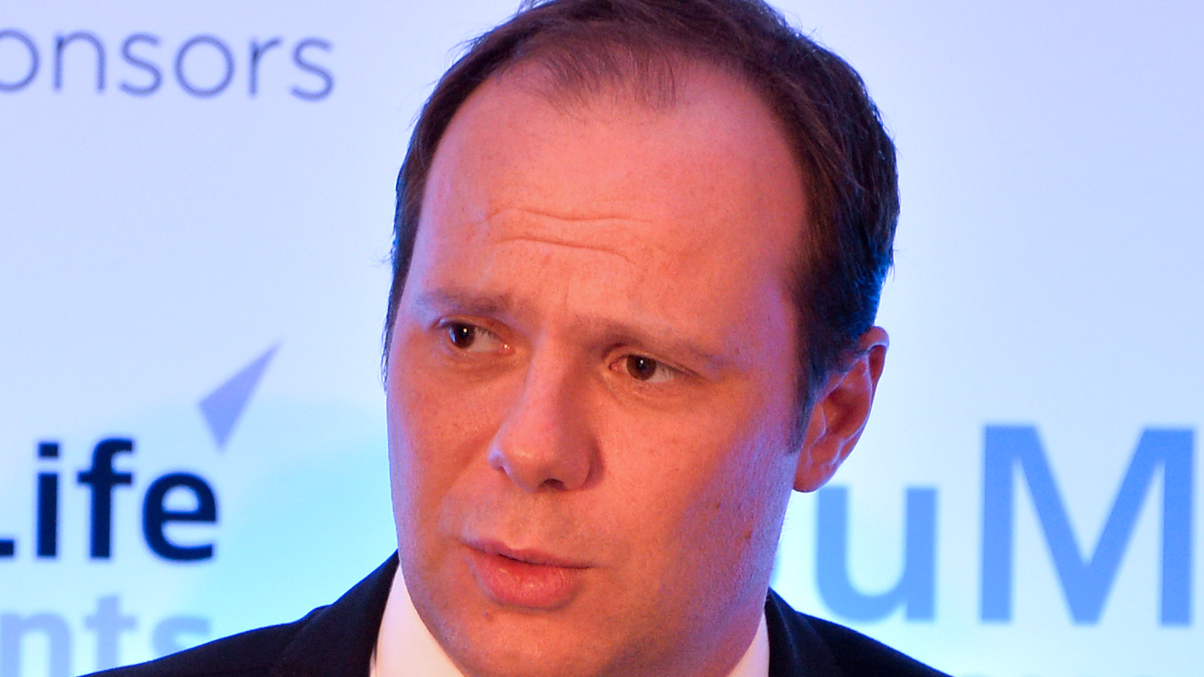Australia sets out tax treatment for foreign investors
The Australian government has published the latest draft of legislation intended to offer clarity over foreign investors' taxation exemptions. The move is expected to boost growth in the local fund management industry.

Australia’s bid to become a major financial centre will get a boost from changes set to liberalise tax rules for non-resident investors, say industry players.
Sign in to read on!
Registered users get 2 free articles in 30 days.
Subscribers have full unlimited access to AsianInvestor
Not signed up? New users get 2 free articles per month, plus a 7-day unlimited free trial.
¬ Haymarket Media Limited. All rights reserved.


